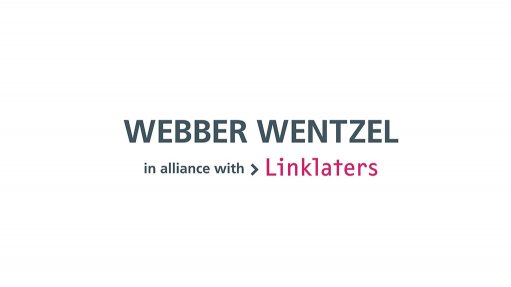
The Extended Producer Responsibility Regulations recently introduced in South Africa are expected to drive the circular economy agenda, but continue to provide legal conundrums and interpretational challenges
Extended Producer Responsibility (EPR) is not a new concept and has found favour and success in international jurisdictions. In South Africa, the recent imposition of the new EPR Regulations and their product sector notices are seen as having the potential to reduce the burden typically placed on municipalities and taxpayers to manage end-of-life product costs; reduce the amount of waste destined for final disposal to landfill; and increase recycling rates. This is all aimed at encouraging and enabling the implementation of circular economy initiatives for problematic product waste streams.
But the recent EPR Regulations and sector notices (applicable to the lighting; electrical and electronic equipment; and paper, packaging and some single-use product sectors) are facing various implementation challenges.
One is navigating the new EPR laws in franchising relationships. As the market grapples with understanding its obligations under the new EPR laws in the identified product sectors, scope issues continue to create challenges for allocating responsibility for the prescribed EPR measures across the product value chain. Recently, this issue has become evident in the franchising space. Franchise arrangements typically provide for franchisors to license their know-how, procedures, IP, use of their business model, brand, and rights to sell their branded products and services to an independent franchisee. From a regulatory perspective, however, it is less clear who the brand owner, distributer and producer are for purposes of the EPR Regulations and sector notices. The implications of the inherent interpretational challenges are significant, and franchisors and franchisees are encouraged to clarify their roles and ascertain whether each or both fall within the scope of "producers", for purposes of compliance with the EPR frameworks.
Another challenge requiring further consideration is the retrospective application of the EPR laws. In law, there is a presumption against the retrospective application of legislation. Despite this, regulation 3(2) of the EPR Regulations expressly provides that the regulations apply to the identified products in the sector notices and to the producers of those identified products that were placed on the market prior to these regulations coming into effect. While this provision allows a retrospective scope of application of the EPR Regulations (i.e. to previous and existing waste streams), it must be ascertained whether the implementation of this law is also retrospective (i.e. to the administrative obligations imposed, such as the EPR fees) – presumably it is not.
Finally, a challenge of the downstream obligations imposed on producers and producer responsibility organisations (PROs) is the potential (and perhaps unintended) additional licensing requirements. The EPR Regulations require EPR schemes at least to provide for the re-use, recycling and recovery for beneficial use of identified products and their waste streams. But the National Environmental Management: Waste Act, 2008 and its 2013 list of waste management activities require that a waste management licence be obtained for re-use / recycling / recovery activities in respect of large (specified) volumes of general or hazardous waste. This may have implications for the big producers or PROs regulated under the EPR Regulations and sector notices, and industry has not yet considered these implications.
While time will tell, and regulator engagements may be required to inform the implementation of the new EPR laws, we will continue to keep abreast of the challenges in implementing them as they arise.
Written by Garyn Rapson & Paula-Ann Novotny from Webber Wentzel